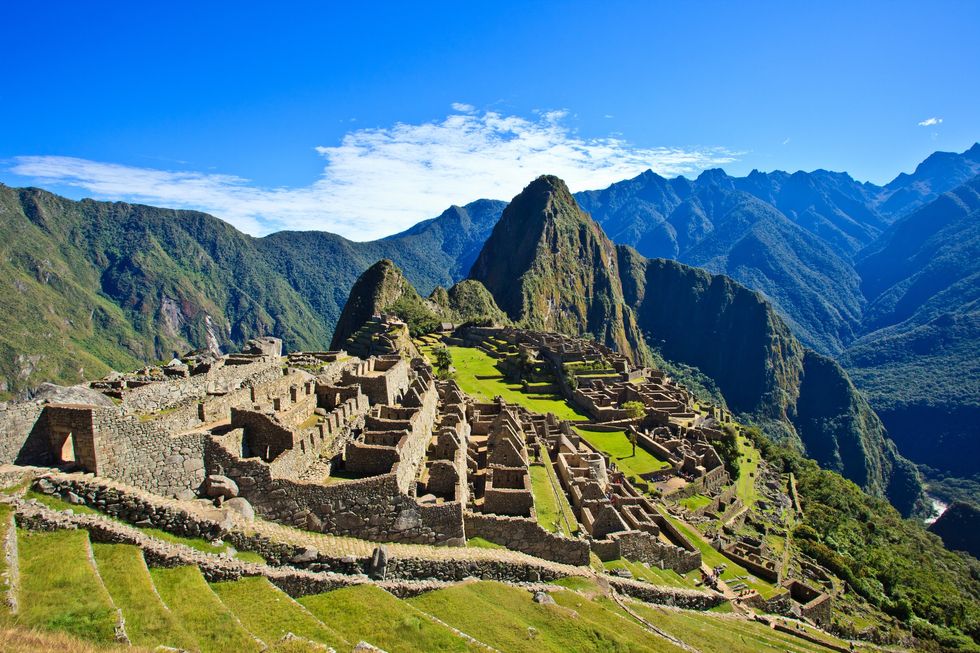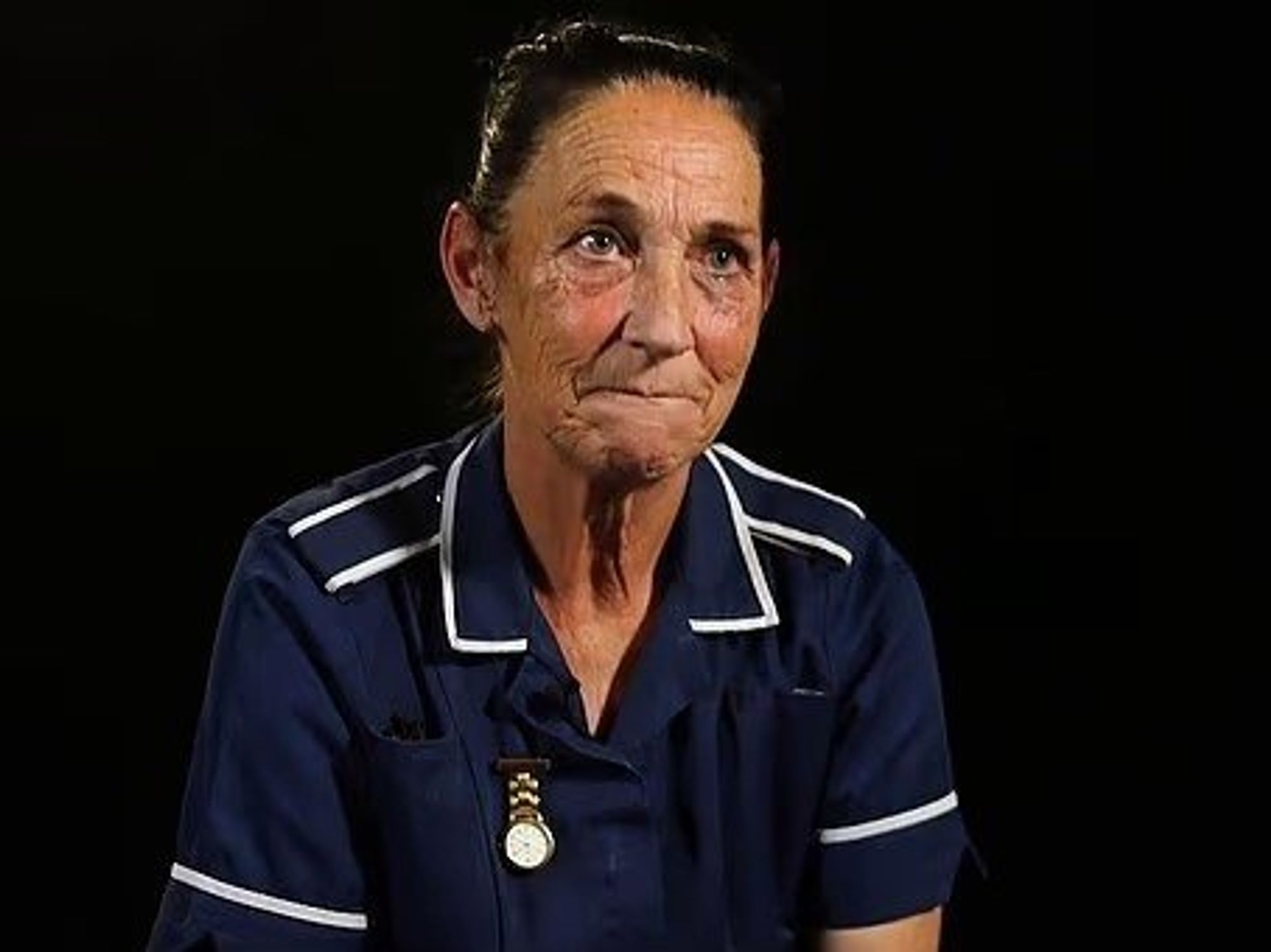Britons risk becoming ill in popular holiday destination - some could develop 'severe disease'

Holidaymakers in Peru run the risk of contracting Oropouche virus disease and yellow fever
Don't Miss
Most Read
Latest
Britons in Peru have been given a fresh travel warning due to diseases present in the country.
The Foreign, Commonwealth and Development Office (FCDO) provided holidaymakers with new information on Oropouche virus disease and yellow fever.
Peru is a popular destination for tourists, famous for its extraordinary landscapes including the world-famous Machu Picchu, the Amazon rainforest and Lake Titicaca.
But before making a trip to the South American destination, Britons should consult the FCDO's latest advice.
Holidaymakers were urged: "At least eight weeks before your trip, check the latest vaccine recommendations for Peru." This information is available on the TravelHealthPro website.

Peru is a stunning holiday destination
| GETTY IMAGESThe FCDO added: "See where to get vaccines and whether you have to pay on the NHS travel vaccinations page."
Holidaymakers were told to see what health risks they could face in Peru, including Oropouche virus disease and yellow fever.
TravelHealthPro recently told Britons: "As of September 16, 2024, a total of 930 confirmed Oropouche virus disease cases have now been reported in 2024.
"On September 19, 2024, the Pan American Health Organization reported 38 confirmed cases of yellow fever, including 19 deaths since the start of the year.
"Cases have been reported in the Plurinational State of Bolivia (seven cases, including three deaths), Brazil (three cases, including two deaths), Colombia (eight cases, including five deaths), Guyana (two cases), and Peru (18 cases, including nine deaths)."
TravelHealthPro has essential information on Oropouche virus disease and yellow fever.
TravelHealthPro said: "Symptoms of Oropouche virus disease begin four to eight days after an infective bite. Onset is sudden, usually with a fever, chills, headache, joint pain and muscle aches. Symptoms typically last for up to seven days. Some people may develop more severe disease, however, including meningitis or encephalitis."
The NHS detailed the symptoms of yellow fever: "Yellow fever symptoms usually start three to six days after being bitten by an infected mosquito, but sometimes they can take longer to appear.
"Some yellow fever symptoms are similar to flu, such as high temperature, headache, feeling or being sick, aches and pains, loss of appetite and feeling generally unwell.
"These symptoms often last three or four days. But a small number of people get more serious symptoms within 24 hours of feeling better. More serious symptoms include yellowing of your skin and eyes (jaundice), dark pee, stomach pain and bleeding from your eyes, nose, mouth or stomach – you may have blood in your vomit or poo. These more serious symptoms can be fatal."
Britons thinking of visiting the South American destination can also find information on malaria and other risks, including altitude, biting insects or ticks, dengue, influenza, outdoor air quality and Zika virus.
The FCDO added: "Peru is experiencing a major dengue outbreak following floods. See the ‘Outbreaks’ page of the TravelHealthPro Peru guide for more information.
"There is also a risk of being infected with malaria, Zika virus or yellow fever through mosquito bites. Take precautions to avoid being bitten by mosquitos.
"Diarrhoea caused by contaminated food or water is common and is potentially serious. See more about food and water hygiene on TravelHealthPro."
For other Peru health information, for example, guidance on the emergency medical number, medication and healthcare in Peru, Britons should consult the FCDO.
Here, holidaymakers can also find up-to-date advice on warnings and insurance, entry requirements, safety and security, regional risks, health and getting help.
LATEST DEVELOPMENTS

Britons have also been issued a fresh Asia travel warning
| GETTY IMAGESAreas in Peru where FCDO advises against all but essential travel
Within 20km south of the Peru-Colombia border
The FCDO advises against all but essential travel to areas within 20km south of the Putumayo River and the border between Peru and Colombia (Loreto region) except for:
- the Amazon River
- the area of the triple border with Brazil and Colombia from and including the towns of Caballococha in Peru up to the actual triple border at Santa Rosa de Yavari town
The Valley of the Apurímac, Ene, and Mantaro Rivers (VRAEM)
The FCDO advises against all but essential travel to the Valley of the Apurímac, Ene, and Mantaro Rivers, also known as the VRAEM region.
Most visits to Peru are incident-free. FCDO advises against all but essential travel to the two areas above for safety and security reasons.
In other travel news, Britons were also issued a fresh Asia travel warning, with holidaymakers told to "remain vigilant".










